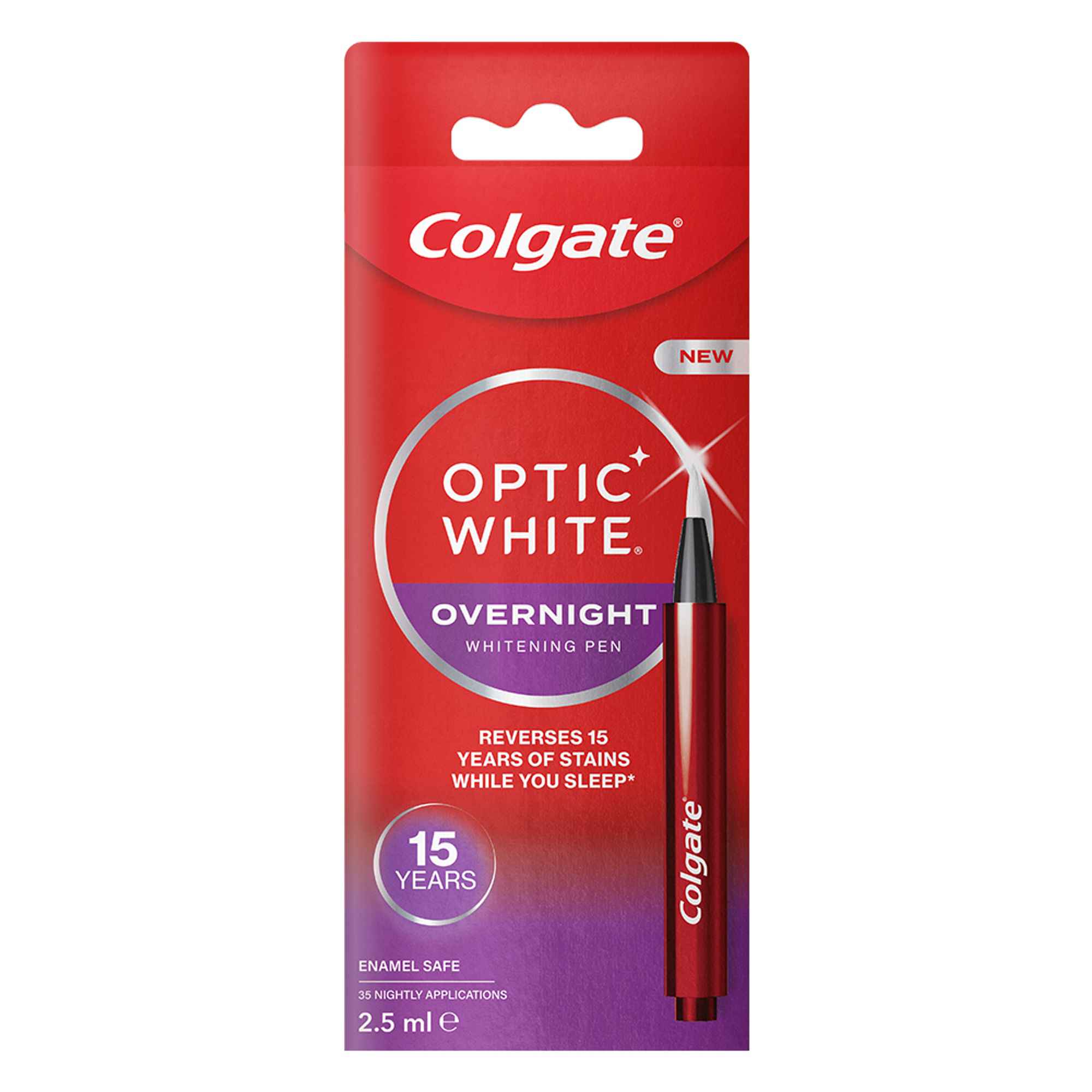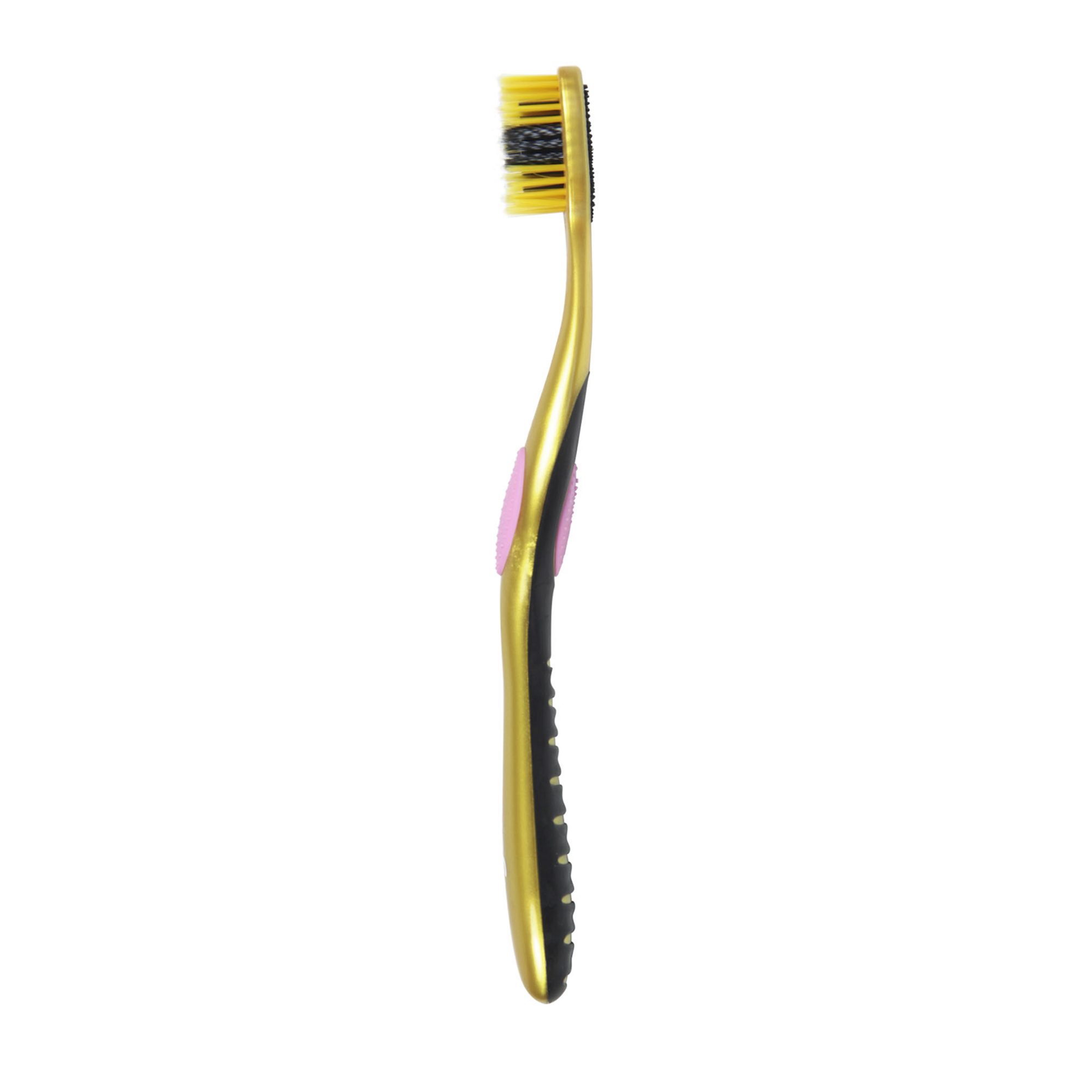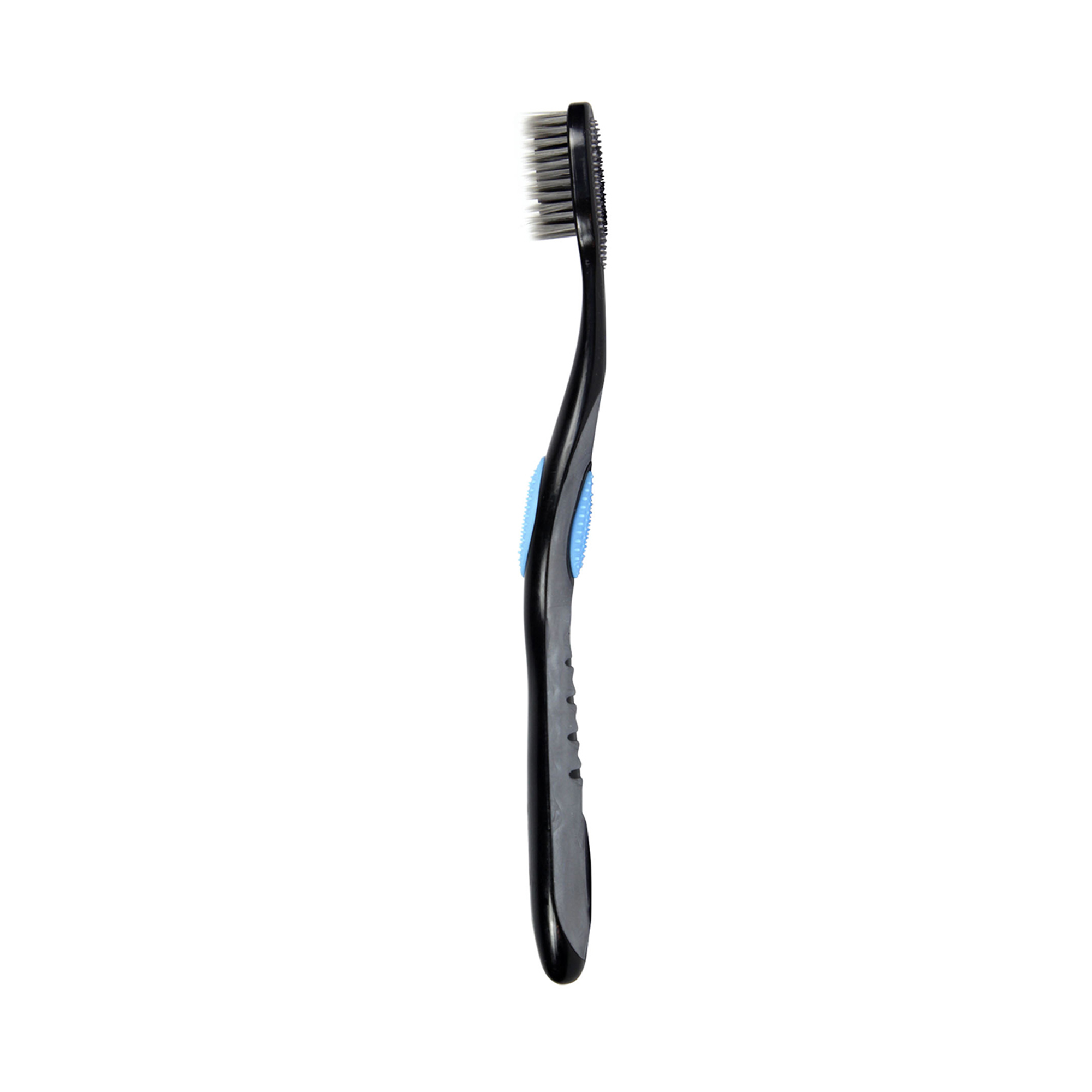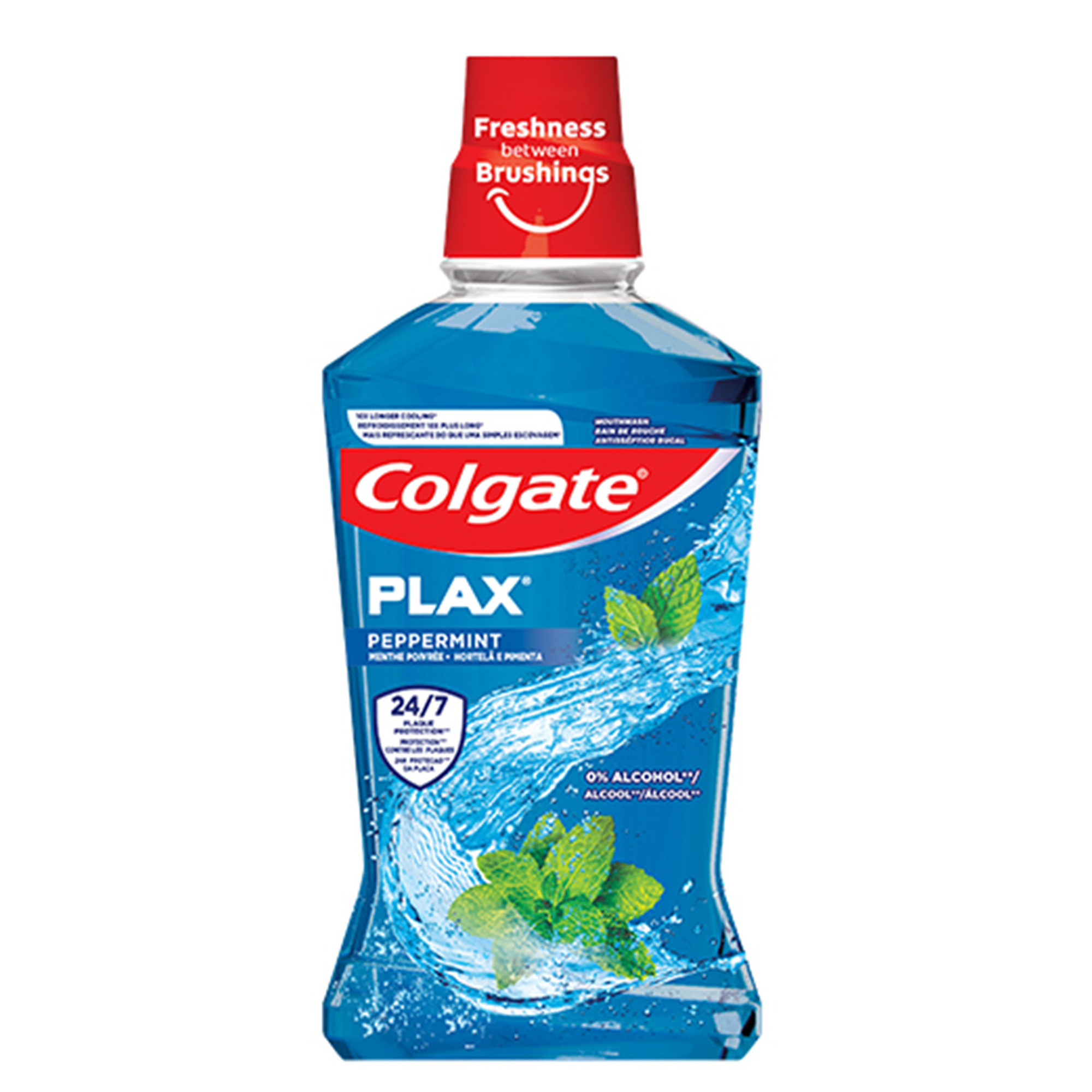According to the American Academy of Oral Medicine, cottonmouth is a common condition. While the Academy can't say for sure how many people experience dry mouth, it estimates that anywhere from 1 to 65 percent of people have it, depending on the type of patient population.
What Is Cottonmouth?
As the American Dental Association (ADA) notes, the average person produces as much as 1.5 liters of saliva per day. You're likely to develop cottonmouth when your salivary glands stop producing enough saliva. Saliva plays several roles, from helping you to digest food to keep your oral cavity moist. It also helps to clean your mouth and maintain a neutral pH level.
Not all cases of dry mouth are the same. Signs of cottonmouth include a sticky or dry feeling in the mouth. You might feel like you have wads of cotton stuffed in your mouth or as if you've rubbed the inside of your mouth dry with a towel. In more severe cases, you might feel a burning sensation in the throat, have cracked lips or have difficulty speaking, chewing or swallowing.
Causes of Cottonmouth
There's not one single cause of cottonmouth. However, factors that may contribute to this condition include:
- Medications. More than 500 medicines are linked to dry mouth. These include prescription allergy medications, antidepressants and sedatives, among many others. If your dentist thinks that one of your medications may be causing dry mouth, changing the dose or switching to a different formulation might help to reduce symptoms.
- Medical conditions. As the ADA notes, the most common condition linked to dry mouth is Sjogren's disease, an autoimmune disorder that causes inflammation that can damage the salivary glands.
- Chemotherapy or radiation therapy. Chemotherapy or radiation therapy, especially for the treatment of cancer in the head or neck, is another cause of xerostomia, according to the ADA. Symptoms of dry mouth might develop during the therapy or not occur until months afterward.
- Lifestyle habits. Certain lifestyle habits, such as drinking a lot of alcohol, smoking or using tobacco products and using drugs such as cocaine, speed or marijuana can lead to cottonmouth.
How to Treat Cottonmouth
Cottonmouth can be much more than just an uncomfortable feeling. Because saliva works to maintain a clean mouth and keep bacteria levels in the mouth in check, people who experience ongoing dry mouth have increased risk for tooth decay, gum disease and other oral infections.
Treatments for cottonmouth range from adjusting medication to addressing the underlying condition. When dry mouth is linked to lifestyle choices, giving up on them or significantly cutting back may improve symptoms. Sipping water can also help, especially during meals, as this will moisten the mouth and help with chewing and swallowing. You might also find some relief by chewing gum, as this can help to stimulate saliva flow.
Because cottonmouth can increase your risk for tooth decay, it's important to make sure you take good care of your teeth and gums. Brush twice a day with a fluoride toothpaste which strengthens teeth by remineralizing weakened enamel, fights plaque to keep gums healthy and repairs early teeth and gum damage. Using a mouthrinse with fluoride can also be useful to further protect your teeth and help to moisten your mouth. Seeing your dentist twice a year for an exam and cleaning will help to treat any signs of tooth decay or infection early.
This article is intended to promote understanding of and knowledge about general oral health topics. It is not intended to be a substitute for professional advice, diagnosis or treatment. Always seek the advice of your dentist or other qualified healthcare provider with any questions you may have regarding a medical condition or treatment.
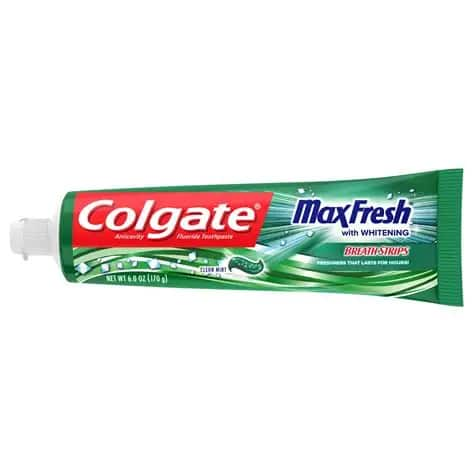
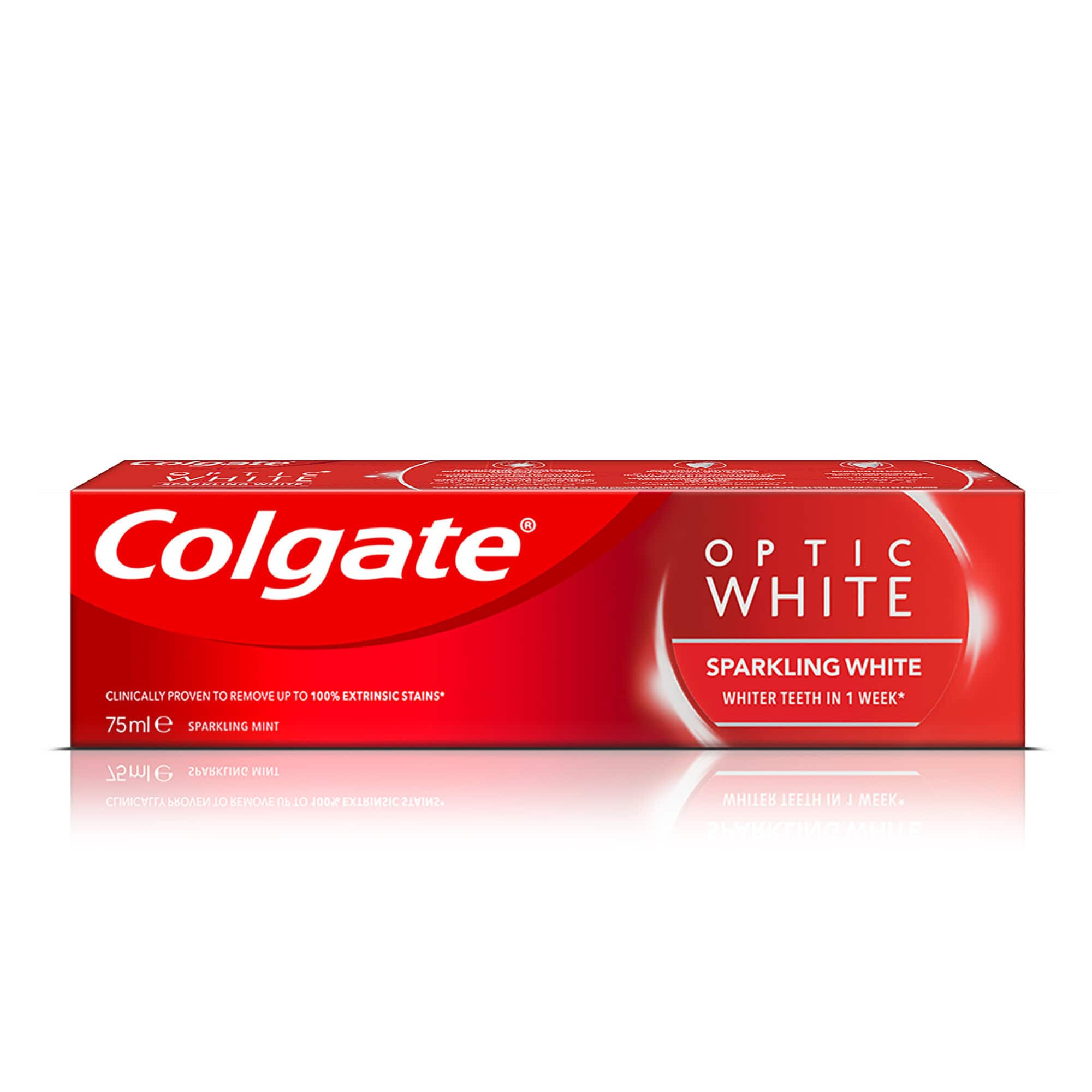
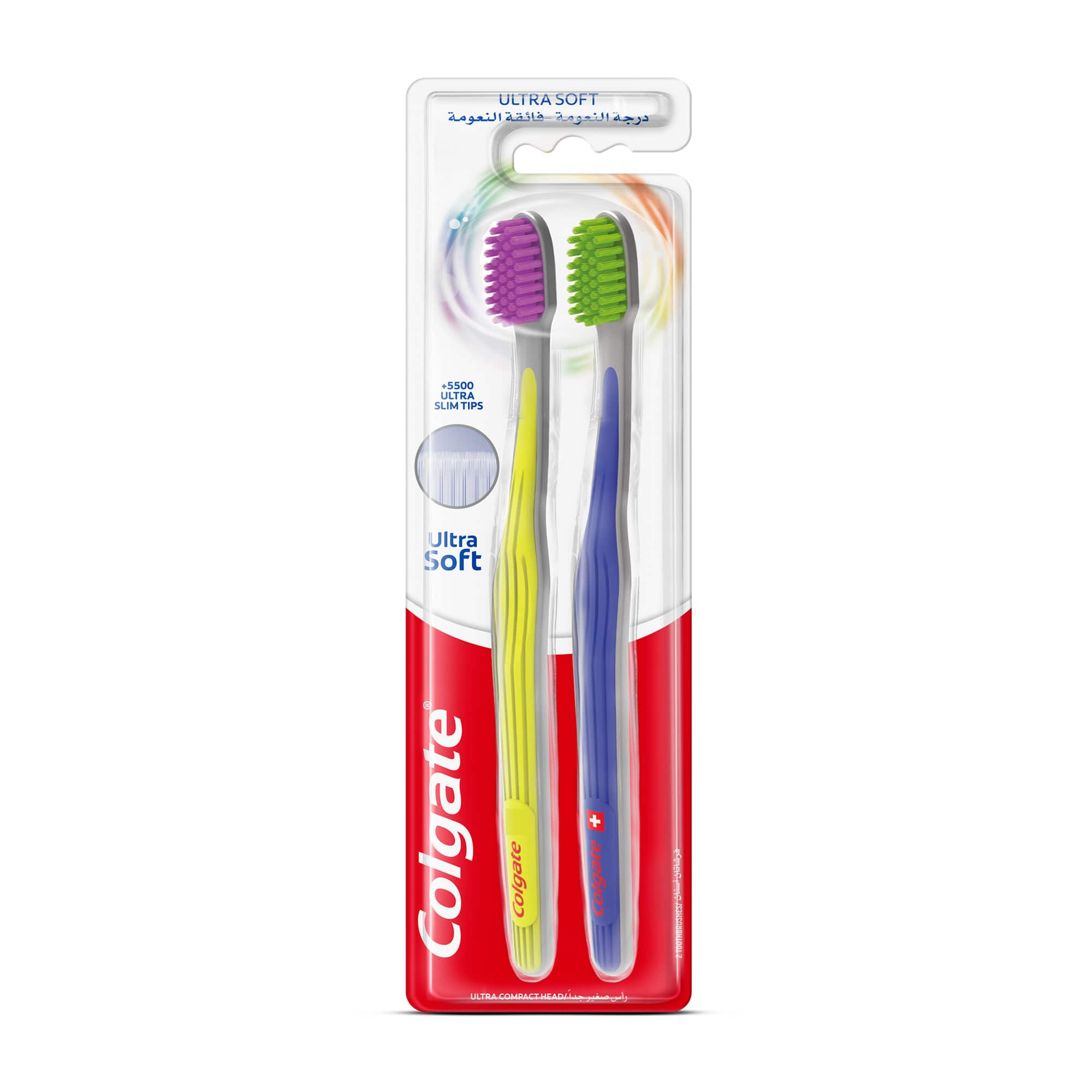



.jpg)


